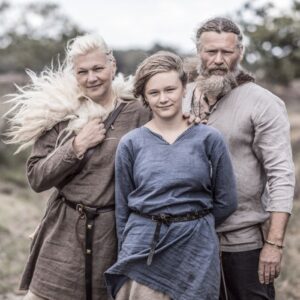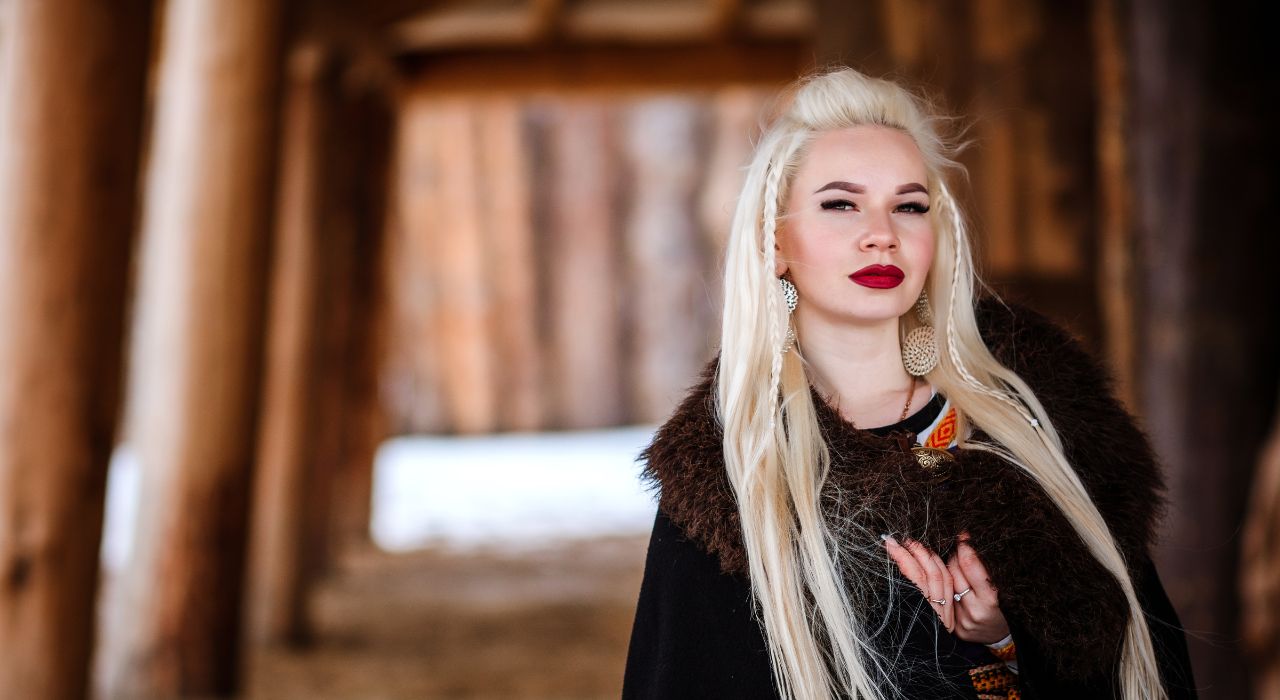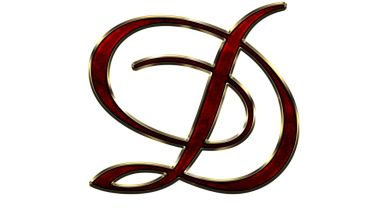When you think of Vikings, what names come to mind? Like most people, you probably think of names like Ragnar and Bjorn. But what about Viking last names? Just like any other culture, Vikings had their unique naming traditions. This blog post will examine some of the most common Viking last names and their meaning. We’ll also explore how Viking naming traditions have influenced modern-day naming patterns. So if you’ve ever wondered where your last name came from, read on!
What is a Viking Name?
A Viking name is a name that Viking people used during the Viking Age. Usually the parents gave the names to their children or other relatives gave them. Most of the time, the names were chosen based on the appearance or personality of the child. Sometimes, the names were chosen based on the family’s history or heritage.
History of Vikings and Their Culture
The history of the Vikings is long and rich, dating back to the early 800s. They were a Norse people from the Scandinavian countries of Norway, Sweden, and Denmark. The word “Viking” actually means “pirate” or “raider” in Old Norse.
Vikings were known for their skill in sailing and exploration. They were also scary warriors, often raiding seaside residents for take. This reputation led to many myths and legends about them, popularized in recent years by movies and television shows like Vikings and Game of Thrones.
Despite their reputation as raiders, the Vikings were also traders and settlers. They established colonies in England (known as the Danelaw), Ireland, Scotland, Iceland, Greenland, and North America. It is believed that the first European settlers in America may have been Viking explorers who arrived around 1000 AD.
The Viking way of life was based on a strong belief in Norse gods and goddesses. They worshipped at open-air temples like groves or rocks. These were places where people gathered to socialize, settle quarrels, and make laws.
Viking culture greatly emphasized family relations and loyalty to friends and clan members. It is likely why they were such successful warriors. They fought for themselves and their companions. Today, there are around a few million people of Viking descent.
Where Do Viking Names Come From?
 The word “Viking” comes from the Old Norse víkingr, meaning “sea-rover” or “pirate.” The Vikings were a Scandinavian people who, from the late 8th to late 11th centuries, raided and traded from their Northern European homelands across wide areas of Europe and even reached North America. Since the Vikings were such a decentralized people with no one leader, no one decided what a Viking name should be. However, there are some general characteristics of Viking names.
The word “Viking” comes from the Old Norse víkingr, meaning “sea-rover” or “pirate.” The Vikings were a Scandinavian people who, from the late 8th to late 11th centuries, raided and traded from their Northern European homelands across wide areas of Europe and even reached North America. Since the Vikings were such a decentralized people with no one leader, no one decided what a Viking name should be. However, there are some general characteristics of Viking names.
Most Viking names were surnames based on the father’s name. For example, if a man’s name was Erik, his son might be named Erikkson, meaning “son of Erik.” Another common type of Viking name was the byname, which indicated where a person lived or what they did for a living. For example, someone who lived near water might have the byname “Hafr, “meaning “ocean.”
Some Viking names were descriptive of physical characteristics or personality features. For example, someone with red hair might be called Raudr (meaning “red”), or someone who is particularly strong might be called Bjorn (meaning “bear”). Because there was no authority on what formed a Viking name, there was no standard list of Viking names. However, some resources can help you develop your Viking name.
Facts About the Vikings
- The Vikings were a Nordic people who lived in Scandinavia from the 8th to the 11th centuries.
- The Viking Age began with the first raid on Lindisfarne in 793 and ended with the Battle of Stamford Bridge in 1066.
- The Vikings were a mixed group of people whose culture was rich and varied.
- The Vikings had their language, and all members spoke of the Viking community. This language was called Old Norse and is the ancestor of modern Scandinavian languages such as Swedish, Norwegian, Danish, and Icelandic.
- The Vikings were also very religious people. They believed in many gods and goddesses, including Odin, Thor, Freyja, and Loki.
- Many of their religious beliefs and practices were later adopted by the Christians who came to live in Scandinavia during the Viking Age.
Different Types of Viking Names
There were many Viking names, depending on a person’s gender, occupation, and social status. 


- A man’s name would usually be formed by combining his first name with one of his father’s or grandfather’s names. For example, the name “Magnus” might be combined with “Håkon” to form “Magnus Håkonson.”
- A woman’s name was typically her first and her father’s or husband’s. The wife of Magnus HÃ¥konson would likely be called “Ingrid Magnusdotter.
- There were also different names for people in different occupations. For example, a blacksmith might be called “Svartr,” meaning “black,” while a tanner might be called “Tjúgandi,” meaning “tanner.” And someone who worked with horses might be called “Vǫlski,” meaning “horseman.”
- Finally, there were also different names for people of different social statuses. A rich man might be called “Goði,” meaning “chieftain,” while a poor man might be called simply by his first name without any added patronymic or occupational surname.
Vikings and Children’s Names: Top 20 names and Meaning



When choosing a name for your child, there are many factors to consider. But if you’re looking for something unique, you can choose a Viking name. They are perfect for baby boys or girls and have a great meaning behind them. Here are 20 of the best Viking names for children, along with their meanings:
- Astrid: A beautiful goddess who is the protector of all humanity.
- Bjorn: A strong and brave bear.
- Dagny: A new day or a bright light.
- Eldrid: An old and wise advisor or guide.
- Freyja: The goddess of beauty, love, and fertility.
- Gunnhild: A battle maiden or warrior woman.
- Haldor: The ruler of the hall or household.
- Ingrid: A beautiful and peaceful daughter of Ingvi (the god of fertility).
- Ivar: A fierce and brave archer or warrior.
- Jarl: A chieftain or nobleman in Norse society.
- Ketil: A cauldron-maker or blacksmith.
- Leif: He who inherits or descendant.
- Mathilde: Strong
- Erik – ruler
- Bjorn – bear
- Olaf – ancestor’s descendant
- Leif – descendant, heir
- Gunnar – warrior
- Thor – thunder
- Loki: The trickster god who causes mischief but is also responsible for some good deeds
- Magnus: The great one
- Harald – ruler, commander
- Hrothgar – fame, spear
- Ulf – wolf
- Sigrid – beautiful victory
- Gudrun – god’s secret love
- Kari – pure, clear
- Rune – secret, whisper
- Fjorgyn – earth, land
- Torvald – Thor’s rule
- Ylva – she-wolf
- Eirik – ruler, always powerful
- Freya – lady, goddess of love
- Skuld – future
- Gerd – protected
- Valgard – defend, guard
- Gudmund – god’s protection
- Solveig – sunny way
- Arvid – eagle tree
- Una – joy, happiness
- Asgeir – divine strength
- Kjetil – gentle, peaceful
- Brynhild – battle armor
- Halvard – defender of rock
- Viggo – warrior
- Eilif – eternal life
- Eystein – island stone
- Gudbrand – god’s sword
- Hildur – battle
- Styrbjorn – strong bear
- Agnar – sharp, edge
- Sigurd – victory, guard
- Kjell – kettle, helmet
- Torbjorn – Thor’s bear
- Gunilla – battle maid
- Runa – secret, mystery
- Ingmar – famous, pure
- Haldor – rock of Thor
- Bryndis – warrior, strength
- Urd – fate, destiny
How to Pronounce Viking Names
Viking names can be difficult to pronounce for those not familiar with the Scandinavian language. Here are some tips on how to properly pronounce Viking names:
- The letter “Þ” is pronounced as “th” in English. For example, the name “Þórðr” would be pronounced as “Thor-der.”
- The letter “ð” is pronounced as “d” in English. For example, “Guðmundr” would be pronounced as “Goo-d-mun-der.”
- The letter “æ” is pronounced as “e” in English. For example, “Sigurðr” would be pronounced as “See-gur-der.”
- The letter “ö” is pronounced as a long “o” sound in English. For example, “Gunnarönn” would be pronounced as “Goo-nar-uhn.”
Summary
This article highlights some of the best last names of the Vikings and also some badass surnames, the Scandinavian marine people who lived from the late eighth to the mid-11th century. If you’re interested in learning more about Viking culture or if you have Viking ancestry, researching your last name is a great place to start. There are many Viking last names. With a bit of digging, you might be surprised at what you find out about your family’s history. Whether you have Viking origin or enjoy the rich cultural heritage of the Vikings, these names are a great way to connect with your heritage and pay tribute to the proud people who once roamed the seas.











